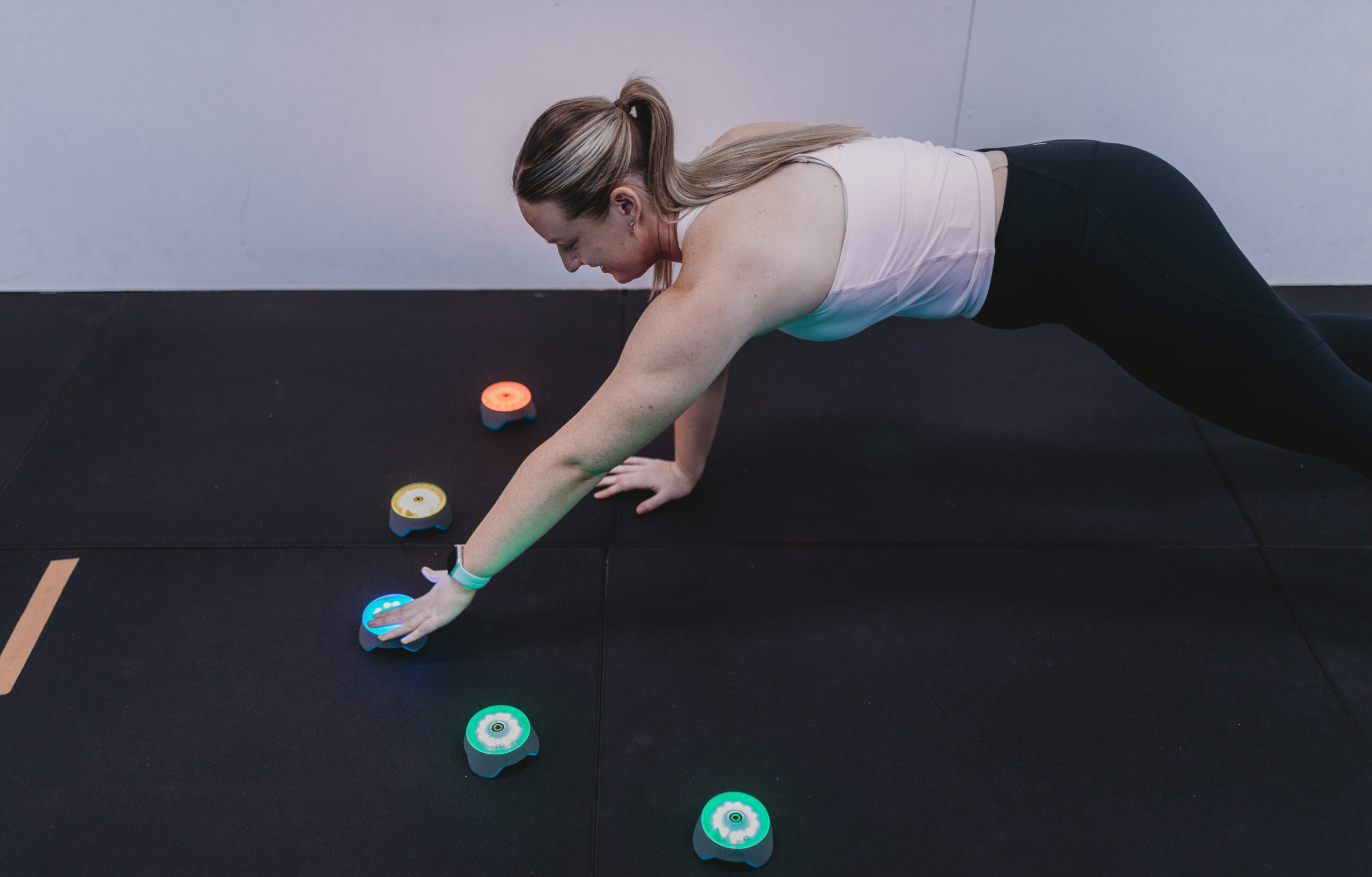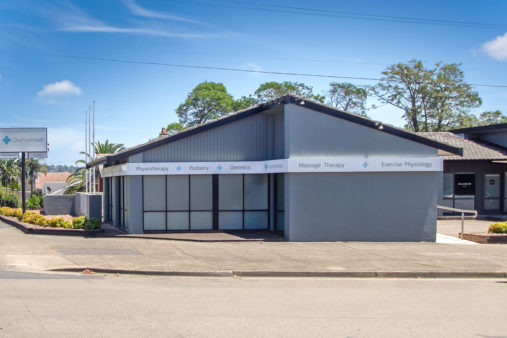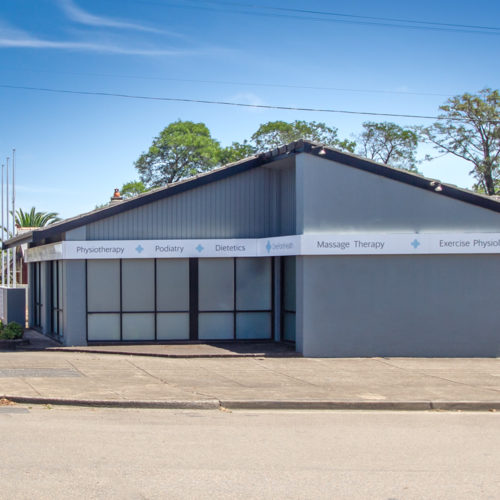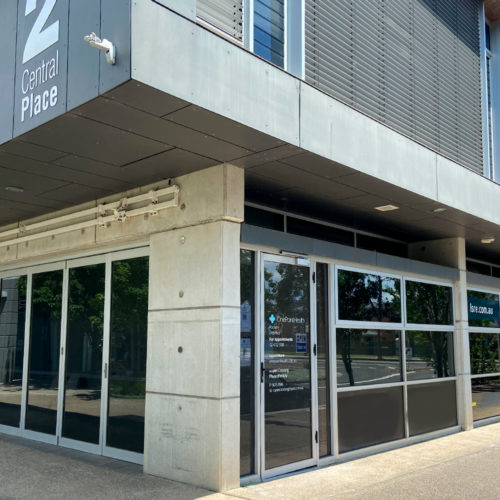Shoulder pain and injuries are extremely common, arising from sports activities, accidents, everyday wear and tear, or chronic conditions, but a combination of treatments like physiotherapy, medication, and surgery can help most people heal and regain optimal shoulder function.
Shoulder injuries can occur for various reasons, such as sports activities, repetitive motions, accidents, or degenerative conditions. The shoulder is a complex joint made up of several key structures, including bones, muscles, tendons, ligaments and cartilage, allowing for a wide range of motion.
Common shoulder injuries include:
- Rotator cuff tears: These happen when the tendons of the rotator cuff muscles (supraspinatus, infraspinatus, teres minor and subscapularis) are torn, either partially or completely. Your rotator cuff provides internal stability of the shoulder and assists mobility and strength. This can result from acute trauma or degenerative changes.
- Shoulder impingement: This condition involves the compression or pinching of the tendons and bursa in the shoulder joint, typically between the acromion (part of the shoulder blade) and the upper arm bone. It can cause pain and limited range of motion.
- Shoulder dislocation: This occurs when the upper arm bone comes out of the shoulder socket, often due to a traumatic event. It can cause intense pain, instability and swelling.
- Shoulder fractures: Fractures can occur in various shoulder bones, resulting from falls, accidents or direct trauma.
- Biceps tendonitis: Inflammation or irritation of the biceps tendon can cause pain at the front of the shoulder. It is often associated with repetitive overhead activities or degenerative changes.
- Frozen shoulder (adhesive capsulitis): This condition involves the thickening and tightening of the shoulder joint capsule, leading to pain and stiffness. The exact cause is unknown.
- Labral tears: The labrum lines the shoulder socket, providing stability. Tears can occur from trauma or repetitive shoulder motions, causing pain, instability and catching sensations.
Physiotherapy treatment of common shoulder injuries
Physiotherapy plays a crucial role in treating common shoulder injuries. The specific treatment approach depends on the type and severity of the injury.
Physiotherapy interventions may include:
- Assessment and diagnosis: A physiotherapist will evaluate range of motion, strength, stability, and any associated pain or problems.
- Pain management: Techniques to help manage pain, such as manual therapy, soft tissue massage, heat or cold therapy.
- Range of motion exercises: Gentle stretches and exercises to improve and maintain shoulder joint range of motion.
- Strengthening exercises: Exercises to strengthen muscles around the shoulder joint, including rotator cuff muscles, which improves stability.
- Manual therapy: Hands-on techniques like joint mobilisation to improve joint mobility and reduce stiffness.
- Functional training: Exercises mimicking daily activities or sports movements to optimise function.
- Education and home exercise program: Advice on posture, body mechanics and ergonomics to prevent re-injury. Customised home exercises to continue rehab outside of therapy.
The specific treatment plan will vary depending on the individual and their shoulder injury. A physiotherapist will tailor the approach to meet each patient’s unique needs.
Other treatment options for shoulder injuries
While physiotherapy is important, other treatments may be considered for shoulder injuries:
- Rest and activity modification: Resting the shoulder and avoiding aggravating activities can promote healing.
- Medications: Anti-inflammatories can reduce pain and inflammation, but medical advice should be sought before taking any medication.
- Ice and heat therapy: Ice reduces swelling and pain, while heat relaxes muscles and improves circulation.
- Corticosteroid injections: These can reduce inflammation and provide temporary pain relief when administered by a healthcare professional.
- Surgery: For severe injuries or when conservative treatments fail, surgical options like arthroscopy, rotator cuff repair or joint replacement may be considered.
It’s important to consult a healthcare professional to determine the most suitable treatment approach based on your injury and circumstances.
Recovery time for shoulder injuries
Recovery times for common shoulder injuries can range from a few weeks to several months, depending on the specific injury, its severity and individual factors.
Minor injuries like strains may take a few weeks to recover with appropriate treatment. More severe injuries like rotator cuff tears or fractures may take several weeks to months, depending on the extent of injury, healing ability and intervention required.
Each person’s recovery timeline can vary. It’s best to consult a doctor or physiotherapist to provide a more accurate recovery estimate based on your specific injury and guide your rehabilitation process.












